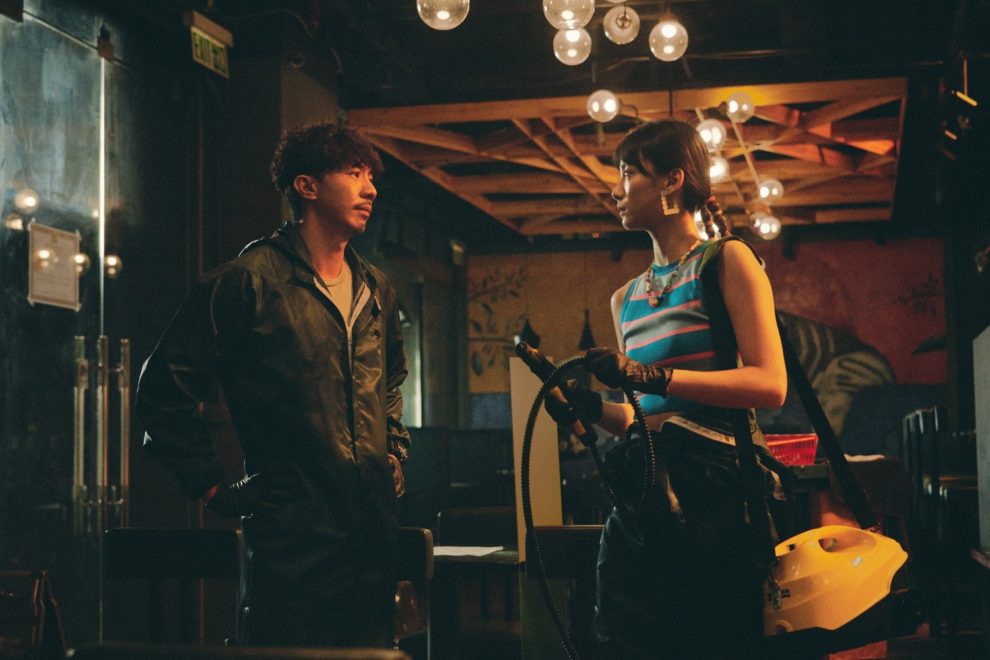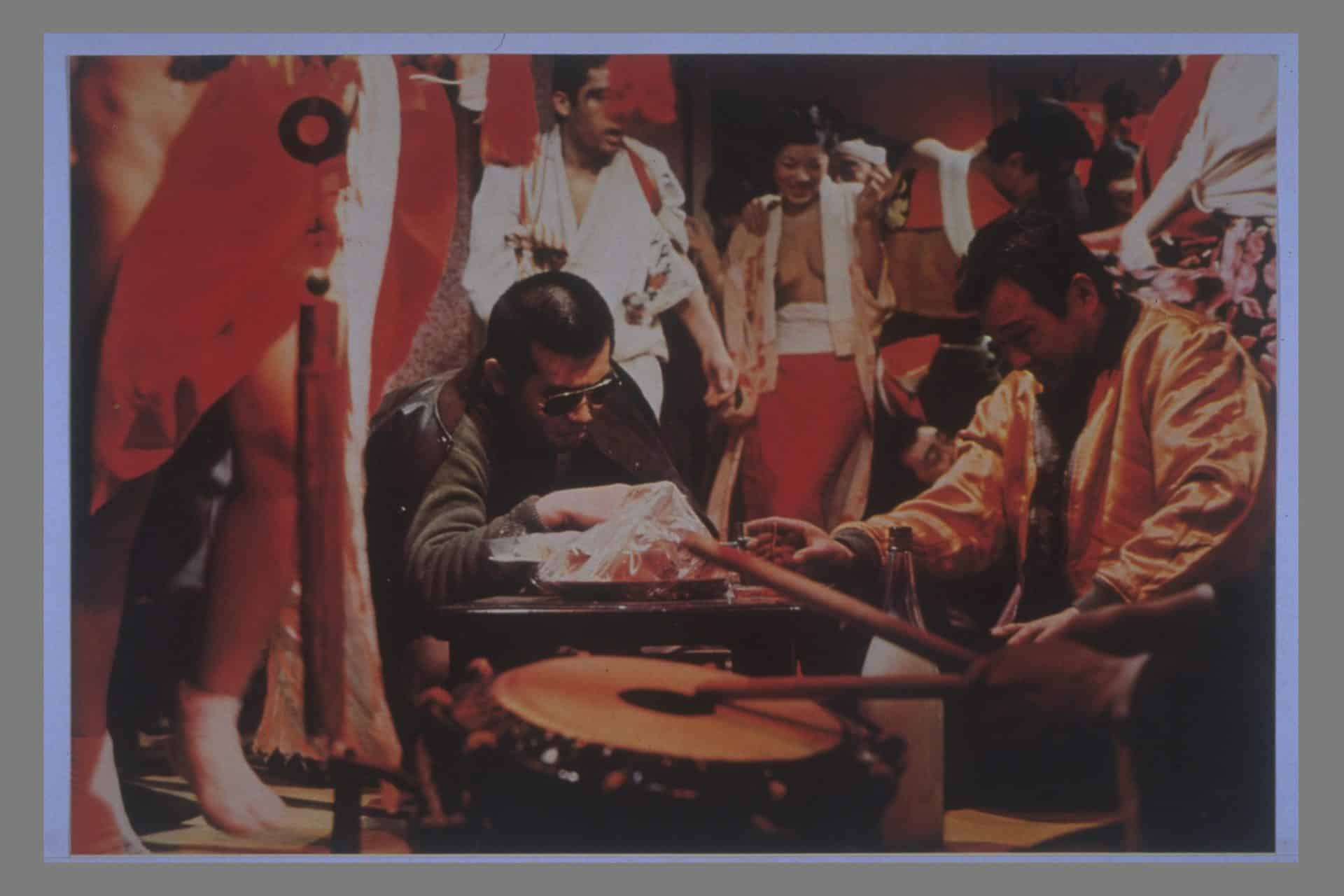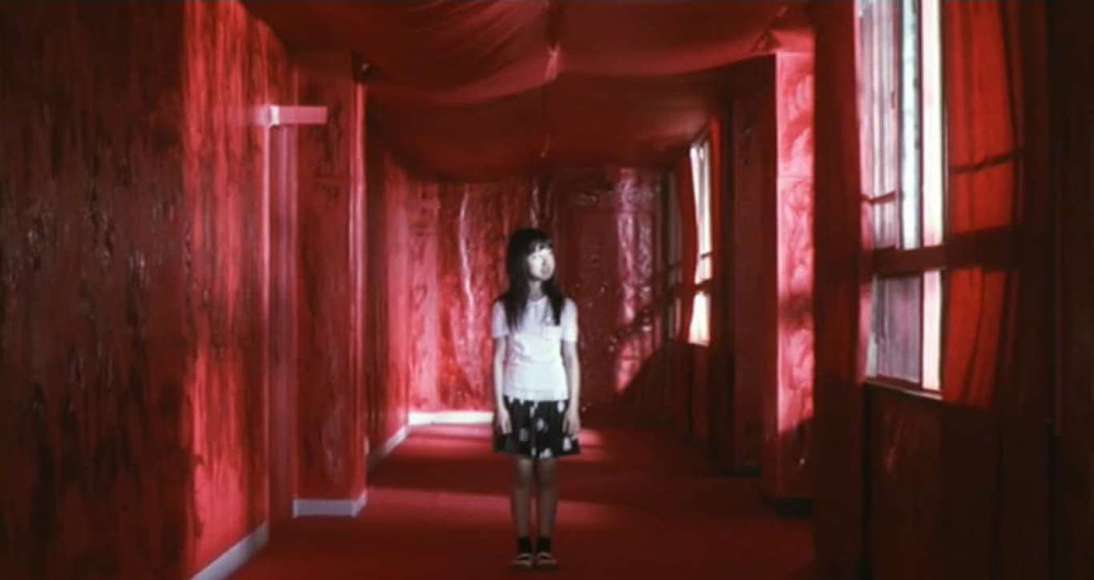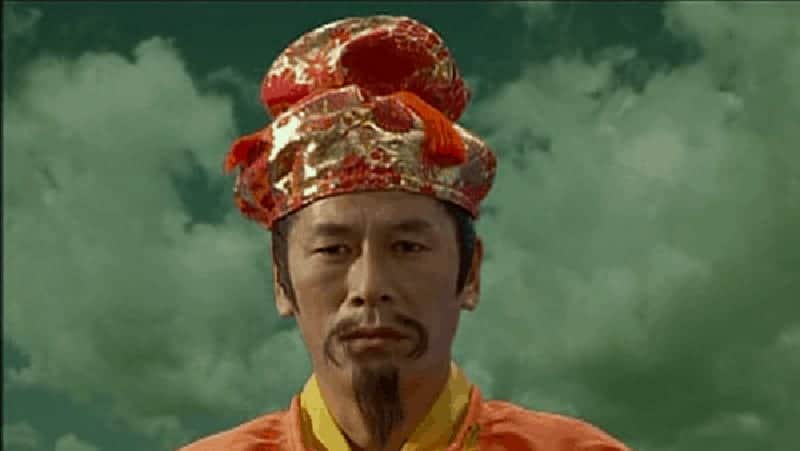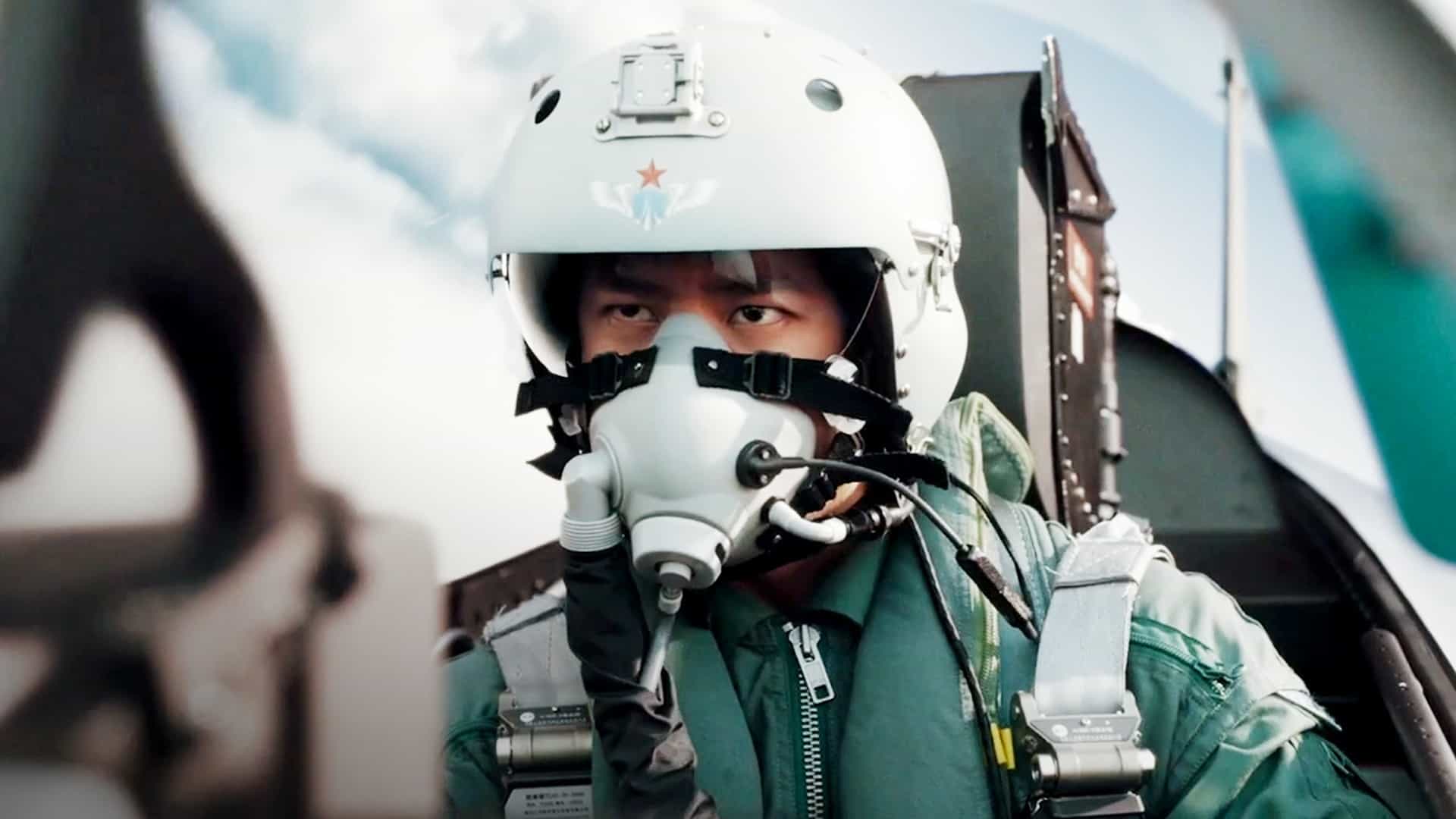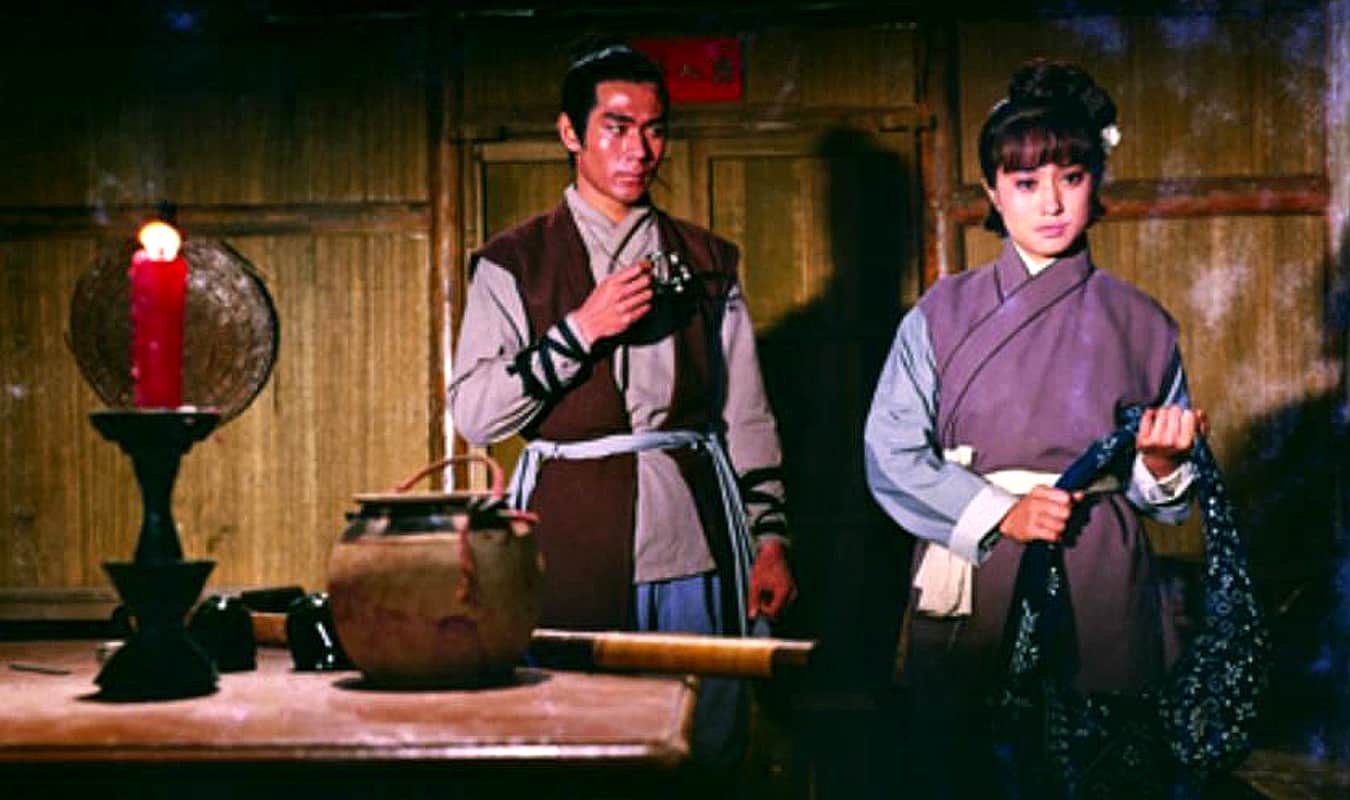Set somewhere between a film about covid, a romance, and a realistic drama, “The Narrow Road” is actually a road movie into the lives of the poor during the pandemic, as much as a rather intriguing portrait of two people who try to survive against all odds, in an environment that seems to be as much against them as possible.
The Narrow Road is screening at Asian Pop Up Cinema
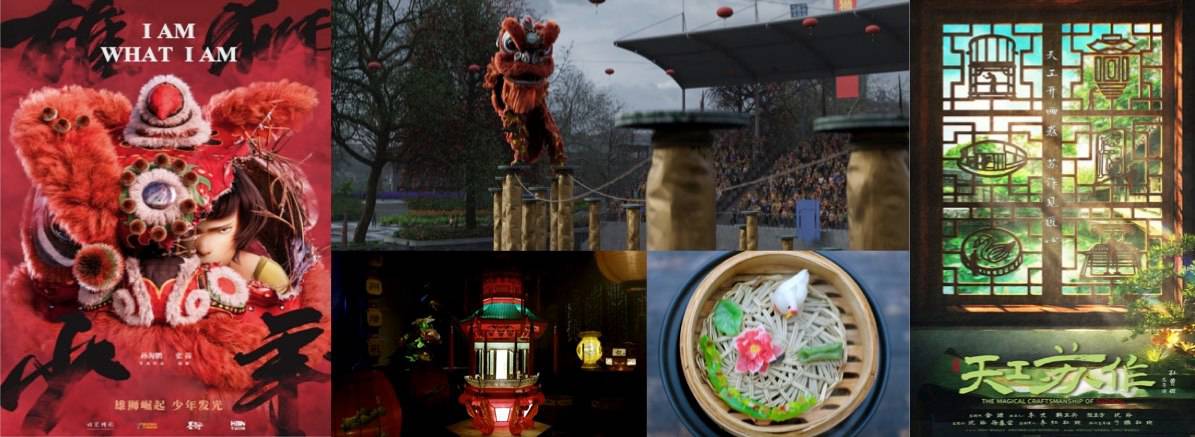
The impact of the pandemic, particularly in small businesses, was quite significant, and Chak is facing it in all its glory, as he ends being the sole employee of his small cleaning business, not to mention almost broke and with an intense back pain. Without time for a social life, his only interaction is with his elderly mother, who spends her time betting on horses, although still manages to help her son financially on occasion. Eventually, Chak is forced to seek an assistant due to his situation, ending up reluctantly hiring Candy, a feisty single mother of a little daughter, who is as inexperienced as she is happy with finally finding a job. Although their relationship is bumpy from the get go, both professionally and socially, Chan gradually warms up to the duo, and his relationship with Candy soon moves beyond that of the colleague. However, a series of issues resulting from Covid, and another, rather serious this time mistake on her stead threaten to ruin everything, even more so since Chan is already shattered from the death of his mother.
The focus on how the pandemic was particularly hard to the poor permeates Lam Sum's movie, as we watch the two protagonists not having access to masks, cleaning materials, and essentially jobs, as a number of small enterprises were forced to close due to the circumstances. In that fashion, the ways they manage to survive, and not actually live, are among the most intriguing aspects of the movie, also in the ways they shape both of them and Candy's daughter. In such a setting, every mistake costs intently, although Lam Sum also makes it evident that even if one made all the correct moves, the game was already rigged, particularly for the lower “castes” of HK society.
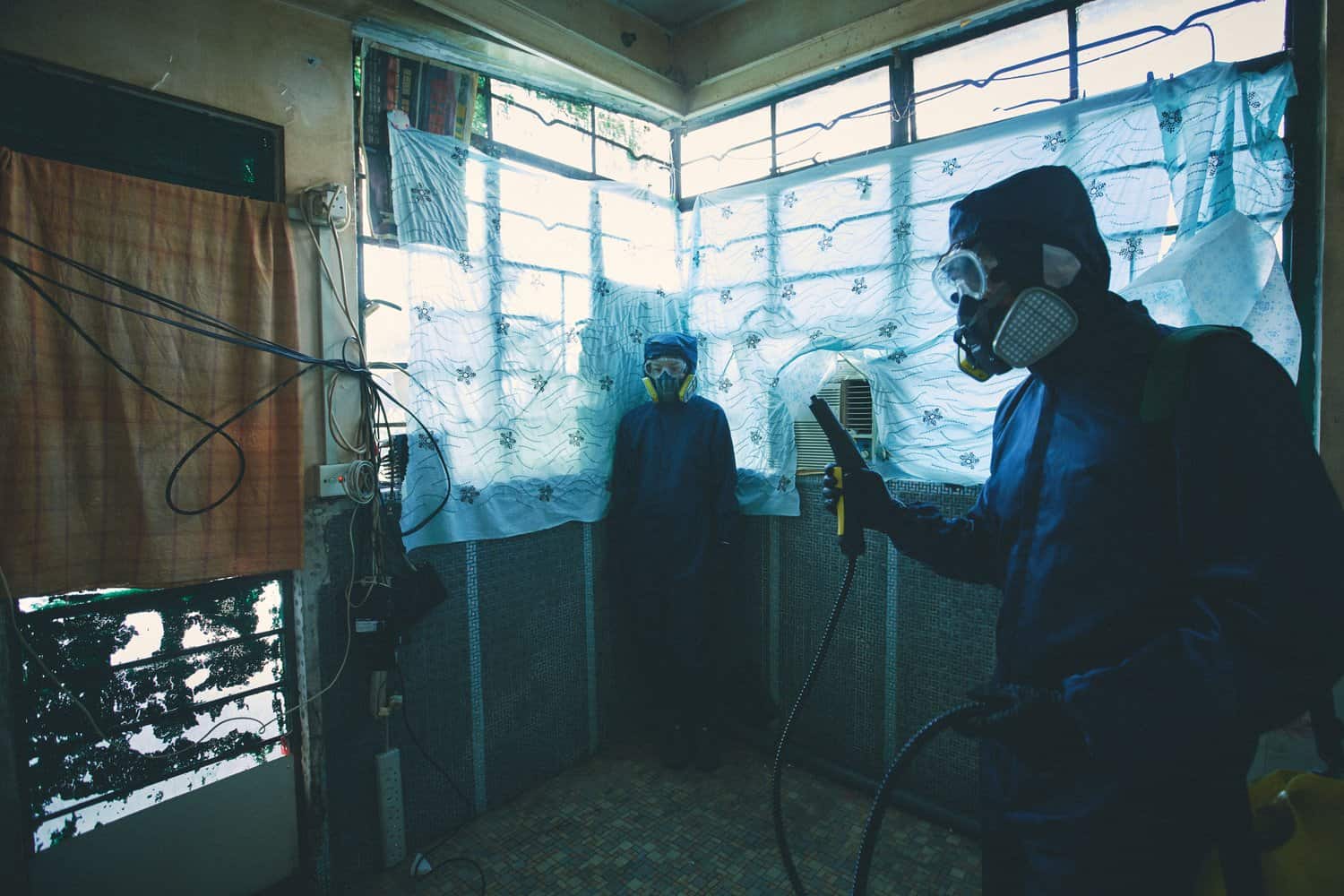
This combination of character analysis, and through it, of life in Hong Kong during the time is one of the movie's best traits, also owing much to the excellent performances and antithetical chemistry of Louis Cheung as Chak and Angela Yeun as Candy, additionally in the way the two present the transformation that results from their interaction. As such, their story emerges as rather intriguing, although closer to the end, Lam Sum somewhat loses his sense of measure, with the film moving into melodramatic paths that prolong it to almost two hours for no apparent reason.
On the other hand, Meteor Cheung's cinematography is exceptional in the way he presents life in the poor districts of Hong Kong, with his night shots being among the biggest traits of the film. Small restaurants, body shops, convenience stores, internet cafes, a party parlor, even an apartment where someone died in, are all highlighted in the best fashion, with the “tour guide” element being an integral part of the narrative. Probably the most impressive, visually, scene however, is the view from a terrace down to the harbor, whose lack of traffic signifies the times the movie is set in. Emily Leung Man-shan's editing induces the film with a mid-tempo that works quite well for the narrative, although, as mentioned above, the title would definitely benefit from some trimming.
Apart from this issue, though, “The Narrow Road” emerges as an excellent drama that is both mentally stimulating and quite pleasant to the eye.


